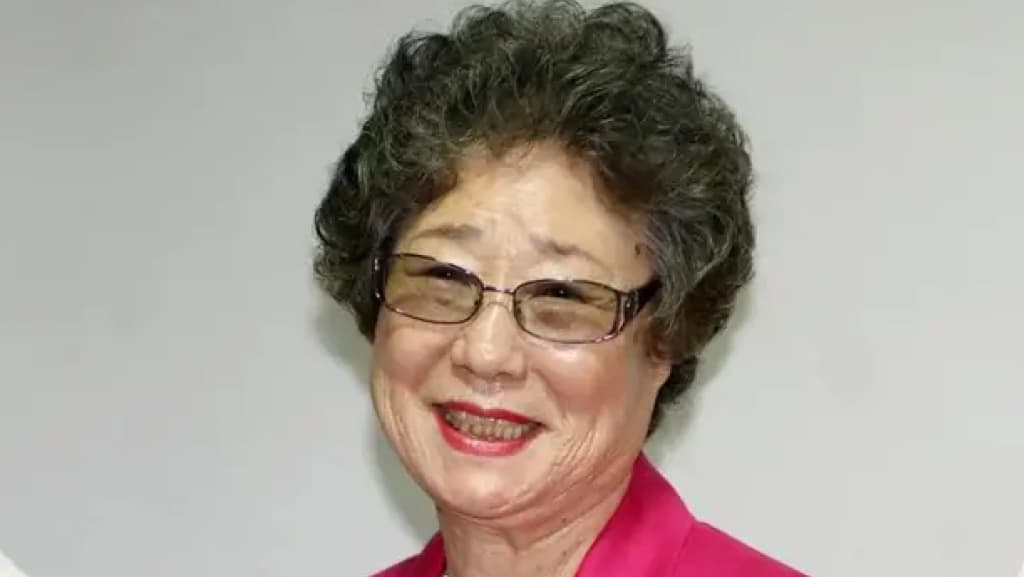
Justice After 6 Decades: Woman Cleared for Biting Off Attacker’s Tongue in Self-Defence
Landmark ruling overturns 1965 conviction, recognising Choi Mal-ja’s struggle as a fight for dignity and women’s rights.
A South Korean court on Wednesday acquitted a woman convicted six decades ago for defending herself against sexual violence, after she challenged the ruling in a case inspired by the country’s #MeToo movement.
Choi Mal-ja was 19 in 1964 when she was attacked by a 21-year-old man in the southern town of Gimhae. He pinned her to the ground and repeatedly forced his tongue into her mouth, at one point blocking her nose to stop her from breathing, according to court records.
Choi managed to break free by biting off about 1.5 centimetres (0.6 inches) of his tongue.
In one of South Korea’s most contentious rulings on sexual violence, the aggressor received only six months in prison, suspended for two years, for trespassing and intimidation — but not for attempted rape.
Choi, now 79, was instead convicted of causing grievous bodily harm and handed a 10-month prison sentence, suspended for two years.
That decision was overturned on Wednesday by the Busan District Court, which ruled her actions “constitute justifiable self-defence” under South Korean law.
Choi’s actions at the time are now “deemed an attempt to escape an unjust infringement on her bodily integrity and sexual self-determination”, the court said in a statement to AFP.
The ruling overturns Choi’s 1965 conviction, when the court had held that her actions “exceeded the reasonable bounds of legally permissible self-defence”.
Wearing a bright pink blazer, Choi beamed as supporters presented her with bouquets following the ruling.
Women’s rights activists and her supporters celebrated, many visibly emotional, waving a placard that read, “Choi Mal-ja did it!”
“Sixty-one years ago, in a situation where I could understand nothing, the victim became the perpetrator, and my fate was sealed as a criminal,” Choi said at a press conference after the judgement.
“For the victims who shared the same fate as mine, I wanted to be a source of hope for them,” she added.
Choi’s appeal gathered momentum after the #MeToo movement, which spread globally in 2017, inspired her to seek justice.
In South Korea, mass women’s rights protests have since led to victories on issues ranging from abortion access to tougher penalties for spycam crimes.
For any enquiries please fill out this form, or contact info@thelawreporters.com and Follow The Law Reporters on WhatsApp Channels